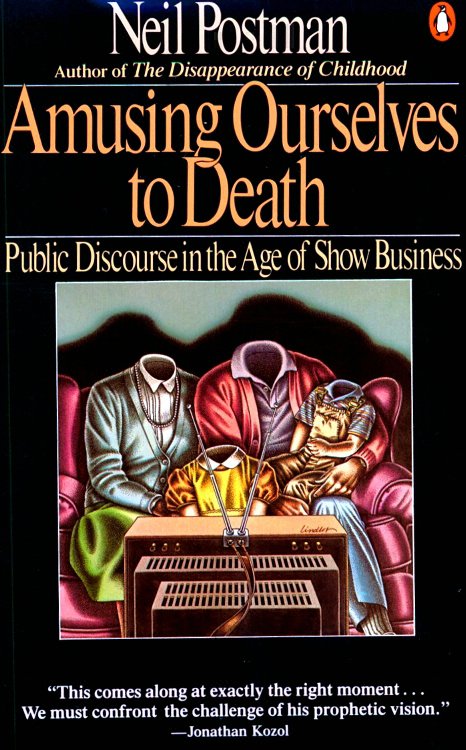Simon Cooper: Technoculture and Critical Theory: In the Service of the Machine? (2002)
Filed under book | Tags: · critical theory, cultural studies, culture, internet, politics, technoculture, technology, virtual reality
The author explores the work of major thinkers and cultural movements that have grappled with the complex relationship between technology, politics and culture. Subjects such as the Internet, cloning, warfare, fascism and Virtual Reality are placed within a broad theoretical context which explores how humanity might, through technology, establish a more ethical relationship with the world.
Examining the philosophy of writers such as Heidegger, Benjamin, Lyotard, Virilio, and Zizek, and cultural movements such as Italian Futurism, this book marks a timely intervention in critical theory debates. The broad scope of the book will be of vital interest to those in the fields of philosophy, critical theory, cultural studies, politics and communications.
Publisher Routledge, 2002
ISBN 0415261600, 9780415261609
182 pages
PDF (updated on 2012-12-20)
Comment (0)Richard Maxwell (ed.): Culture Works: The Political Economy of Culture (2001)
Filed under book | Tags: · culture, economics, political economy, politics, popular culture

Tears down the imaginary walls separating culture, economics, and politics.
When we read best-selling books, go to movies, visit art museums, go dancing, take in a game, we customarily ignore the political economy that hammers these features of culture into shape; normally, at such times, we’re not thinking about corporate board room votes, lobbyists, public funding for the arts, the end of the Cold War, stock swaps, intellectual property, or the class divisions of public space. This book aims to change that by offering readers a number of ways to link cultural experience to political economy—to become aware of the ways in which political and economic realities and decisions determine the outlines of spaces and activities in everyday life.
Unsettling and provocative, Culture Works tears down the imaginary walls separating culture, economics, and politics. Writing across the established borders between anthropology, sociology, art history, economics, communication and media studies, political theory, and performance, the authors seek to show how particular economies and power relations work in familiar and central cultural experiences: art, beer, advertising, dance, sport, shopping, the Web, and media. Their essays provide a series of lucid, critical accounts of various aspects of the political economy of culture and its attendant issues of production, consumption, corporatization, and the struggle for meaning. A refreshing example of a politics of writing and critical thinking that cultural studies and political economic analysis can produce when working together, the result will change the ways in which readers experience, consider, and understand culture works.
Contributors: David L. Andrews, Michael Curtin, Susan G. Davis, Danielle Fox, Chad Raphael, Anna Beatrice Scott, Ben Scott, Inger L. Stole, Thomas Streeter.
Publisher U of Minnesota Press, 2001
ISBN 081663601X, 9780816636013
Length 259 pages
More info (publisher)
More info (google books)
Neil Postman: Amusing Ourselves to Death: Public Discourse in the Age of Show Business (1985)
Filed under book | Tags: · culture, entertainment, mass media, media ecology, show business, social criticism, sociology, television

The book originated with Postman’s delivering a talk to the Frankfurt Book Fair in 1984. He was participating in a panel on Orwell’s 1984 and the contemporary world. In the introduction to his book Postman said that reality was reflected more by Aldous Huxley’s Brave New World where the public was oppressed by pleasure than Orwell’s 1984 where they were oppressed by pain.
Television has conditioned us to tolerate visually entertaining material measured out in spoonfuls of time, to the detriment of rational public discourse and reasoned public affairs. Neil Postman alerts us to the real and present dangers of this state of affairs, and offers compelling suggestions as to how to withstand the media onslaught. Before we hand over politics, education, religion, and journalism to the show business demands of the television age, we must recognize the ways in which the media shape our lives and the ways we can, in turn, shape them to serve out highest goals.
Publisher Penguin Books, 1985
ISBN 0140094385, 9780140094381
Length 184 pages
More info (wikipedia)
More info (publisher)
More info (google books)

